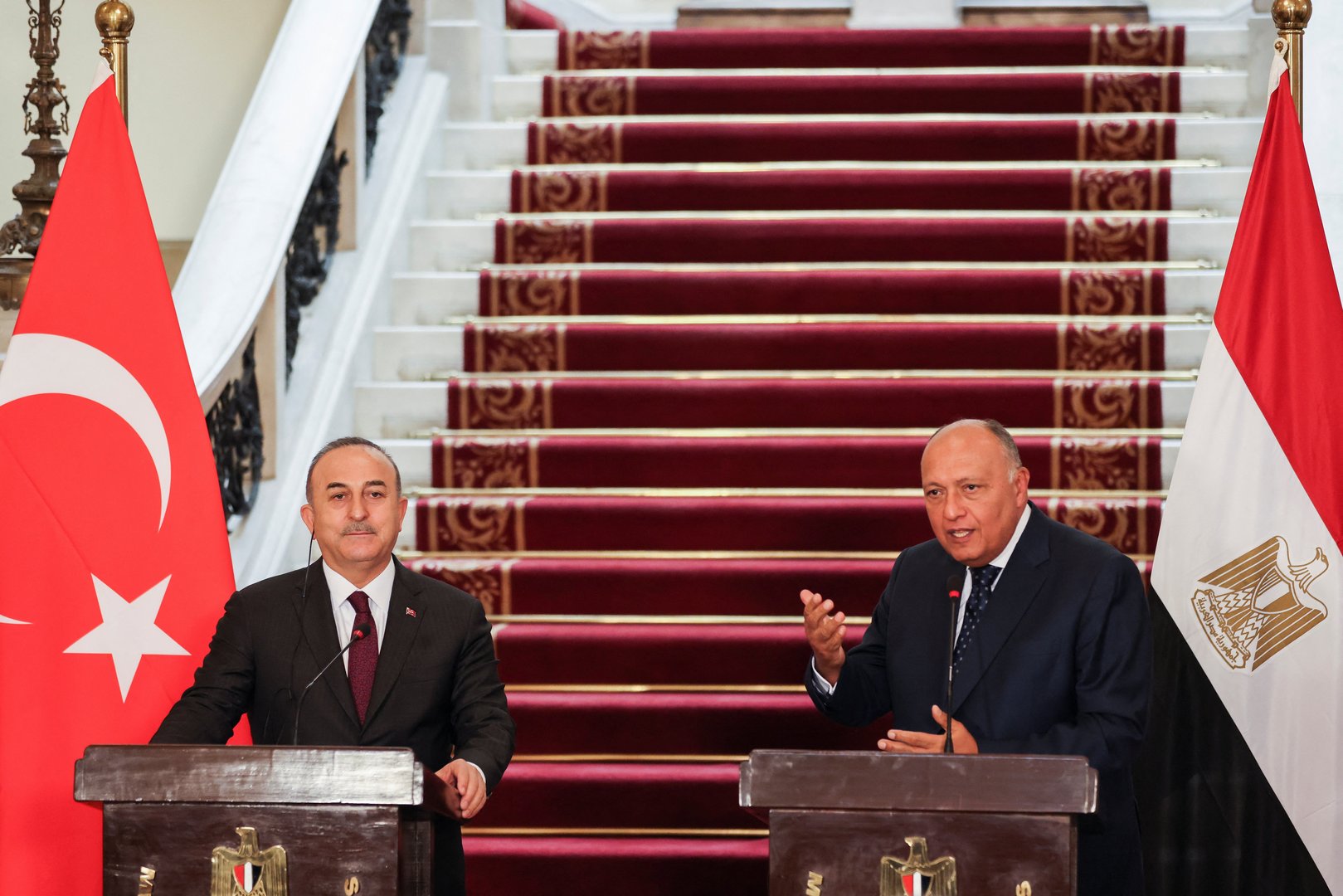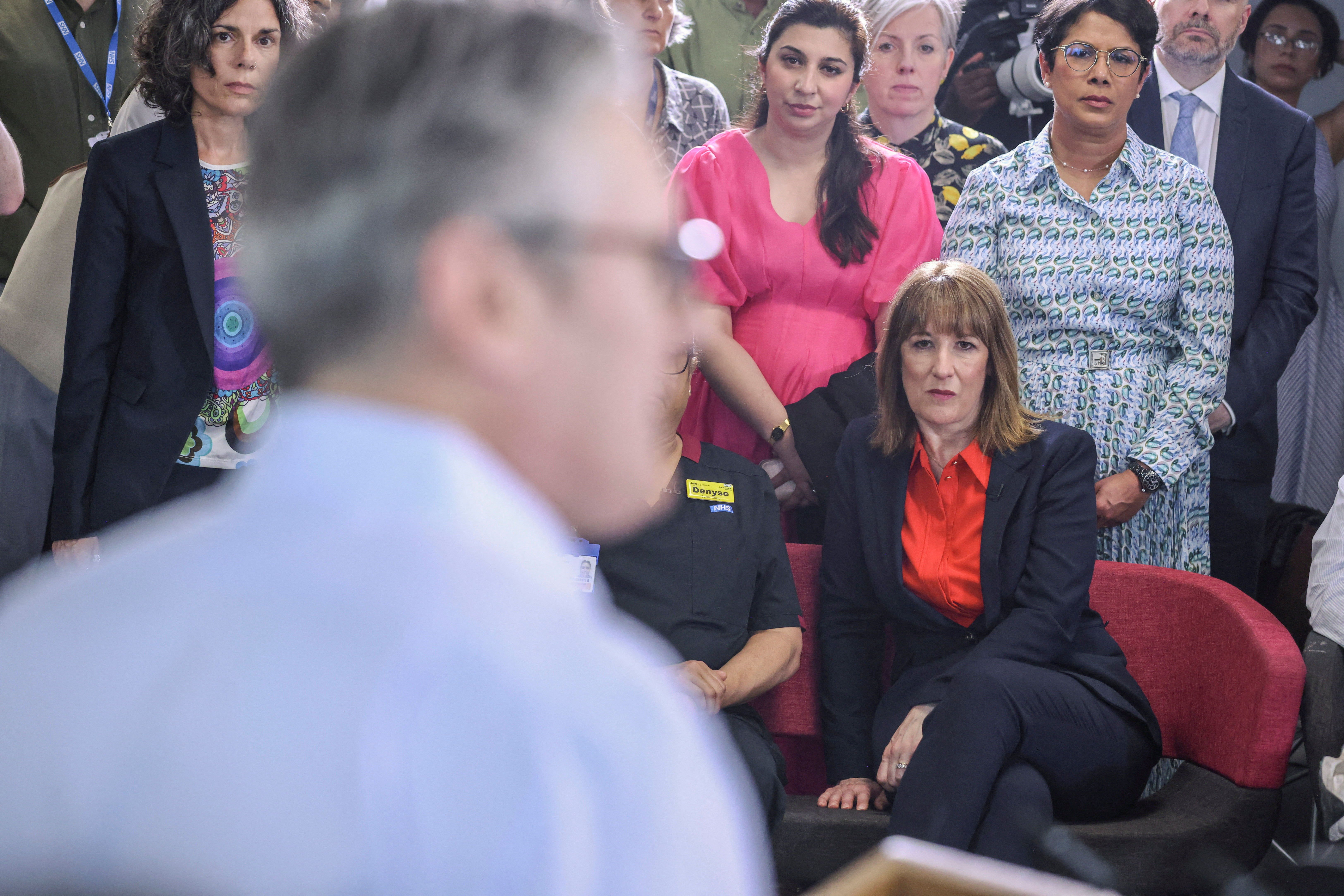Any expectation that Turkey’s normalisation drive will change the equilibrium in the eastern Mediterranean to its liking is overly optimistic
By Andrestinos N Papadopoulos
Russia’s invasion of Ukraine created new geopolitical data in Europe and the eastern Mediterranean. Its multiple consequences prompted Nato to invite Sweden and Finland to join, gave the opportunity to Turkey to play a role in the conflict by avoiding imposing sanctions on Russia and providing Kiev with drones, and finally to project the importance of Greece as a factor of stability in the region, which had as a result the increased American military presence in Alexandroupolis in western Thrace.
These external factors, as well as the dire economic situation, the consequences of the recent earthquake and the negative results of the polls for Turkish President Recep Tayyip Erdogan obliged him, feeling his international isolation, to make foreign policy changes.
The first step was taken when he gave the green light to Finland’s membership of Nato, using one of his bargaining chips, which he was holding to secure the purchase of F-16 aeroplanes from the US, keeping, however, the other of Sweden. During the visit of Finish President Sauli Niinisto to Ankara in March, Erdogan sent the ratification of Finland’s membership to the Turkish parliament.
Satisfied by the fulfilment of the commitments undertaken by Finland, Erdogan said that Nato will become stronger with Finland’s membership and play a more active role in the maintenance of international security and stability.
Thanking Erdogan, Niinisto stressed that Finland’s membership of Nato would not be complete without Sweden.
For Sweden’s candidacy of Nato, Erdogan’s position was that Ankara will continue the talks with Stockholm, in particular on combating terrorism, stressing that Sweden’s candidacy will directly depend on the measures to be taken based on the trilateral memorandum of cooperation on counter-terrorism signed in Madrid in June 2022.
The reasons which led Finland to seek Nato membership are many. First and foremost, the invasion of Ukraine by Russia obliged Finland to turn towards Nato as the security environment for Finland and Europe changed radically.
It was, therefore, expected that Finland’s accession to Nato would strengthen Finland’s own security and the security and stability of the Baltic Sea region and northern Europe.
Given the fact that Sweden is the closest partner of Finland in questions of security and defence, Finland’s Nato membership could not be complete without Sweden.
A Finland in Nato could bring its expertise in crisis management and new technologies, among others, to the alliance. Finally, Finland as a member of Nato could promote the development of cooperation between the EU and Nato on matters of defence.
Another change was the friendly approach towards Greece, within the positive climate created by the ‘diplomacy of earthquakes’. As a result, the two countries decided that Turkey will support Greece’s candidature for a non-permanent member seat of the UN Security Council for 2025-2027, and Greece, Turkey’s candidacy for the post of Secretary-General of the International Maritime Organisation.
Moreover, a moratorium was agreed concerning military exercises in the Aegean until the summer.
These developments should be considered as tactical moves by Turkey, because after the May 14 elections it is expected that the strategic goals of Turkey will not change, even if in a diplomatic gambit the Turkish Foreign Minister Mevlut Cavusoglu sent congratulations to Greece for its National Day on March 25, anniversary of the revolution of the Greeks against the Ottoman Empire.
The most important move, however, that Turkey has taken is re-establishing diplomatic relations with Egypt, which have been strained since the 2013 ouster of Egypt’s late Muslim Brotherhood President Mohammed Morsi.
To that effect, Cavusoglu visited Cairo on March 18, the first visit of a Turkish foreign minister in 11 years.
The same stands for Egyptian Foreign Minister Sameh Shoukry who visited Adana after the devastating earthquake that hit Turkey and Syria.
The consultations between the two ministers revealed existing differences between the two countries on three major issues – Libya, activities of the Muslim Brotherhood members in Turkey, and the threats of Turkey against Greece and Cyprus.
On Libya, tensions between Egypt and Turkey rose early in October over Ankara’s 2019 signing of a series of economic agreements with Libya’s Tripoli-based Government of National Unity (GNU) on hydrocarbon exploration in Libya’s Mediterranean waters. In 2019, also, Ankara signed an EEZ delimitation deal with Tripoli in a bid to strengthen its hand in the eastern Mediterranean, prompting Egypt to retaliate by signing a similar one with Greece.
Egypt rejected the Turkish agreements, asserting that the GNU’s mandate has expired and that it is not authorised to sign such deals.
Moreover, Cairo holds Turkey largely responsible for the current situation in Libya, which President Abdel Fattah El Sisi’s government sees as a threat to Egypt’s national security.
Concerning the Muslim Brotherhood in Turkey, as part of the gestures to please Cairo Erdogan has taken measures to curb their activities, imposing only restrictions on several TV stations run by Egyptian dissidents.
The other side of the coin is that, following the talks with his counterpart, Cavusoglu expressed Turkey’s desire to improve ties in all fields, including diplomacy, energy transportation and joint military drills.
Any expectation that Turkey’s normalisation drive will change the equilibrium in the eastern Mediterranean to its liking is overly optimistic.
Egypt opts to preserve its partnership with Greece and Cyprus and any Turkish-Egyptian partnership in the field of energy appears unlikely, unless Turkey resolves its problems with Greece and Cyprus.
The thaw between Qatar and its Arab neighbours has made it easier for Turkey to seek reconciliation with the UAE, Saudi Arabia and Israel.
In the future, all depend on how Tukey will behave in a changing world. At present, her trustworthiness is at stake, not only within the Arab world, but also as evidenced by her relations with the West, in particular the US and France.
Dr Andrestinos N Papadopoulos is a former ambassador of Cyprus







Click here to change your cookie preferences